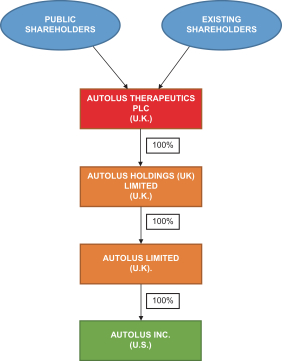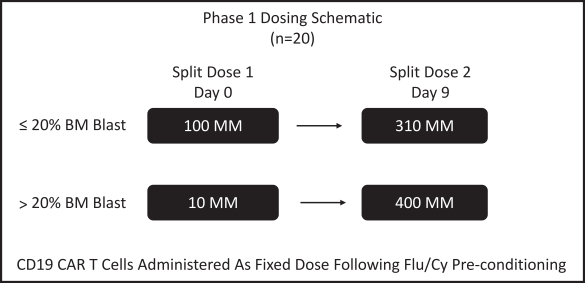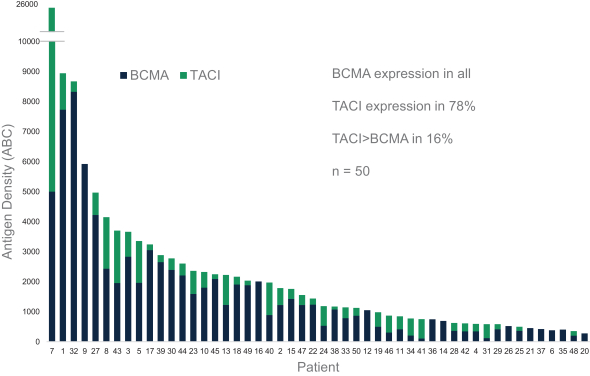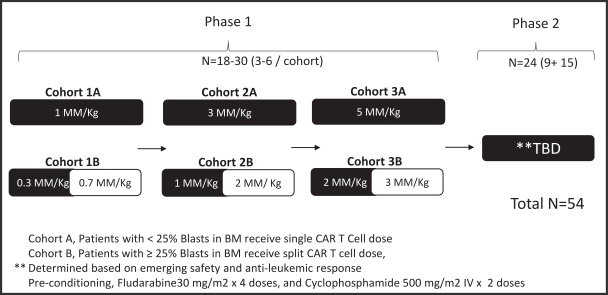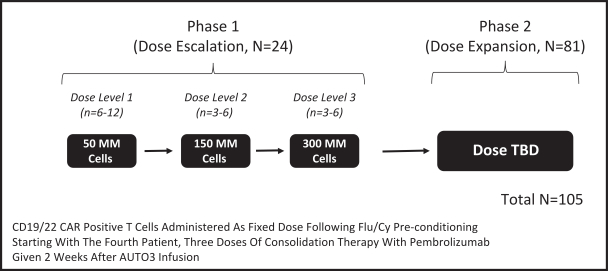The combination of healthcare cost containment measures, increased health insurance costs, reduction of the number of people with health insurance coverage, as well as future legislation and regulations focused on reducing healthcare costs by reducing the cost of or reimbursement and access to pharmaceutical products, may limit or delay our ability to generate revenue, attain profitability, or commercialize our products.
We are subject to the U.K. Bribery Act, the U.S. Foreign Corrupt Practices Act and other anti-corruption laws, as well as export control laws, import and customs laws, trade and economic sanctions laws and other laws governing our operations.
Our operations are subject to anti-corruption laws, including the U.K. Bribery Act 2010, or the Bribery Act, the U.S. Foreign Corrupt Practices Act of 1977, as amended, or the FCPA, the U.S. domestic bribery statute contained in 18 U.S.C. §201, the U.S. Travel Act, and other anti-corruption laws that apply in countries where we do business. The Bribery Act, the FCPA and these other laws generally prohibit us and our employees and intermediaries from authorizing, promising, offering, or providing, directly or indirectly, improper or prohibited payments, or anything else of value, to government officials or other persons to obtain or retain business or gain some other business advantage.
Under the Bribery Act, we may also be liable for failing to prevent a person associated with us from committing a bribery offense. We and those acting on our behalf operate in a number of jurisdictions that pose a high risk of potential Bribery Act or FCPA violations, and we participate in collaborations and relationships with third parties whose corrupt or illegal activities could potentially subject us to liability under the Bribery Act, FCPA or local anticorruption laws, even if we do not explicitly authorize or have actual knowledge of such activities. In addition, we cannot predict the nature, scope or effect of future regulatory requirements to which our international operations might be subject or the manner in which existing laws might be administered or interpreted.
Compliance with the Bribery Act, the FCPA and these other laws is expensive and difficult, particularly in countries in which corruption is a recognized problem. In addition, anti-corruption laws present particular challenges in the pharmaceutical industry, because, in many countries, hospitals are operated by the government, and doctors and other hospital employees are considered foreign officials. Certain payments to hospitals in connection with clinical trials and other work have been deemed to be improper payments to government officials and have led to enforcement actions.
We are also subject to other laws and regulations governing our international operations, including regulations administered by the governments of the United States and the United Kingdom, and authorities in the European Union, including applicable export control regulations, economic sanctions and embargoes on certain countries and persons, anti-money laundering laws, import and customs requirements and currency exchange regulations, collectively referred to as the Trade Control laws.
There is no assurance that we will be completely effective in ensuring our compliance with all applicable anti-corruption laws, including the Bribery Act, the FCPA or other legal requirements, including Trade Control laws. If we are not in compliance with the Bribery Act, the FCPA and other anti-corruption laws or Trade Control laws, we may be subject to criminal and civil penalties, disgorgement and other sanctions and remedial measures, and legal expenses, which could have an adverse impact on our business, financial condition, results of operations and liquidity. Likewise, any investigation of any potential violations of the Bribery Act, the FCPA, other anti-corruption laws or Trade Control laws by United States, United Kingdom or other authorities could also have an adverse impact on our reputation, our business, results of operations and financial condition. Further, the failure to comply with laws governing international business practices may result in substantial civil and criminal penalties and suspension or debarment from government contracting.
50


